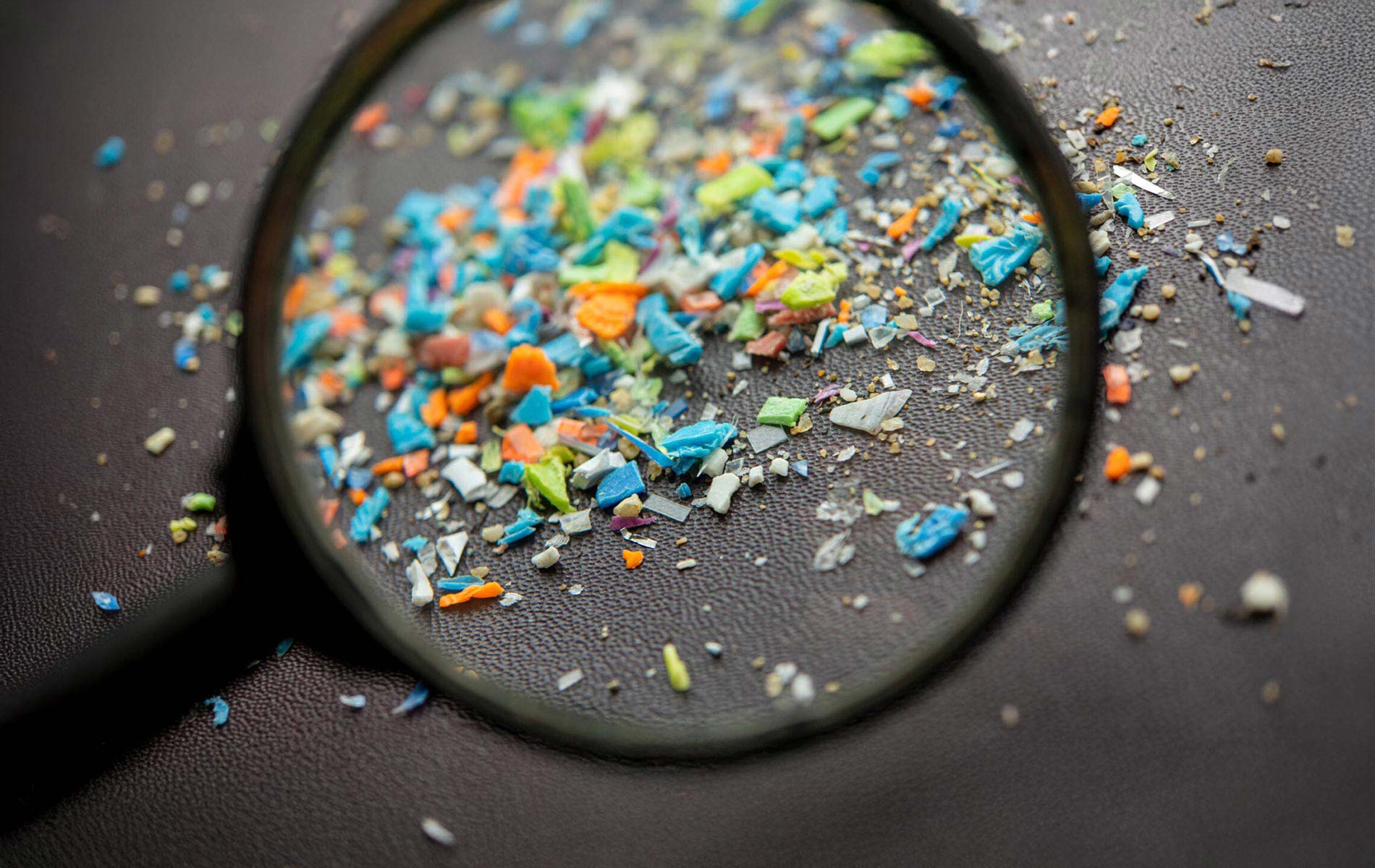Why are microplastics a concern?
Ingesting microplastics has become a growing societal concern as plastic use grows most notably the use of single use plastics. It’s caused disruption in our ecosystems and most importantly lead to a bioaccumulation in our food chain. Microplastics can be found in Seafood, Bottled water, Honey, Sugar, Fruits and Vegetables and yes, even salt!
What Salts should we be concerned with?
Salt with untraceable origins:
Focusing on single sourced salts may be helpful in limiting your risk of microplastics in your salts. Understanding which lake, or mine or region could help.
Salt sourced from modern bodies of water:
Unfortunately, microplastics litter modern waterways making their way into our seafood and our salts (e.g. sea salt) that are harvested by evaporating the sea water to gain access to the sea salt but also leaving microplastics!
Salt that has not been tested:
Manufacturers who have not tested their products for microplastics could be a concern.

Is Eupherbia Blue Salt Microplastic Free?
Our ancient blue salt is a rare culinary treasure that has been untouched by modern pollution, thanks to its origins in ancient-dried seas. Blue Salt mined deep inside these mines has been protected from pollutants associated with today's world. This natural wonder took its time to form over millions of years and preserved deep underground before industrialization and pollution could reach it.
Blue salt has been lab-tested for purity by Certified Laboratories in the US. Advanced spectroscopy by FT-IR and microscopic examination at the lab confirmed that the salt is absolutely free from microplastic and foreign matter. Visual check and detailed magnified observations, both on the surface and inside, were made to start the testing of the salt rocks. After the salt had dissolved in distilled water, the solution was carefully examined under a microscope to verify that no impurities had been left behind.
Unlike some salts, we can guarantee the origins of Blue Salt as it is only available to be mined in limited locations making it one of the rarest salts in the world.
Final Thoughts
Sprinkling this ancient blue salt onto your dishes means not just adding flavor but connecting with a piece of Earth's history, untouched by the modern world, and verified for purity through expert testing. Check out eupherbia.com where you can find our 100 gr Blue Salt in a glass jar and ceramic grinder.



Share:
Rock Candy: What Is It and How To Make It
Get the Most Out of Your Saffron: A Simple Guide to Brewing Saffron